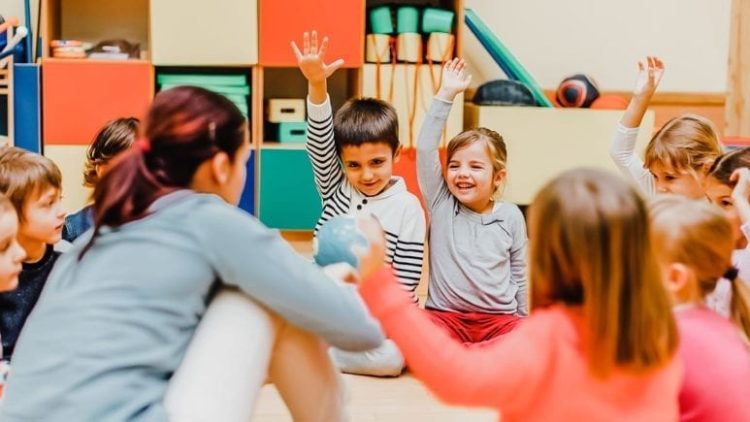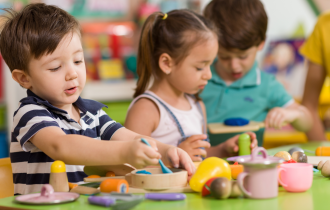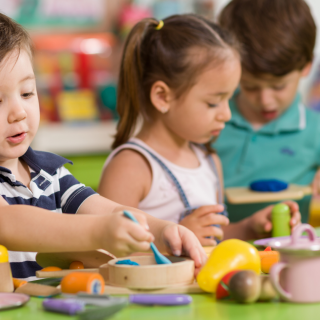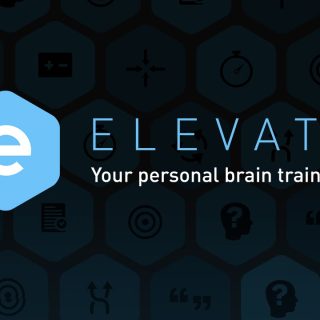Nurturing the Early Bloom: A Comprehensive Exploration of Preschool Education
Introduction:
Preschool education stands as the initial stepping stone in a child’s educational journey, offering a nurturing environment that goes beyond mere academics. This comprehensive exploration aims to dissect the multifaceted realm of preschool education, unraveling its objectives, methodologies, impact on child development, and the diverse programs that fall under its umbrella. From fostering socialization to laying the foundation for basic academic skills, preschool education plays a pivotal role in shaping the trajectory of a child’s educational experience.
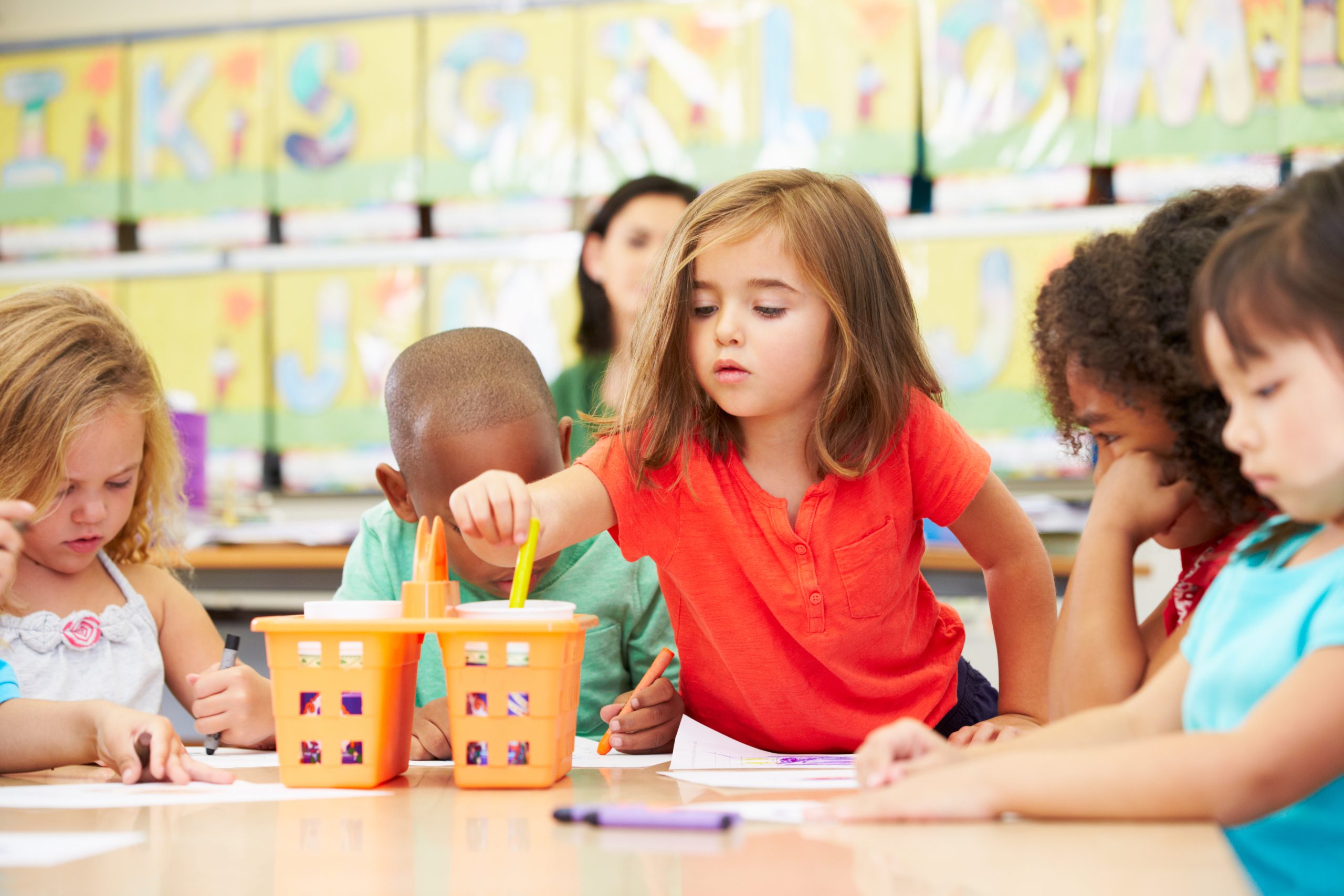
Objectives of Preschool Education:
- Socialization:
- Description: Preschool serves as a socialization hub where children learn to interact with peers, develop social skills, and navigate group dynamics.
- Activities: Group play, sharing exercises, and collaborative projects that encourage teamwork.
- Basic Academic Skills:
- Description: While formal academics are not the primary focus, preschool introduces foundational skills such as early literacy, numeracy, and cognitive development.
- Activities: Storytime, counting games, shape recognition exercises, and sensory activities.
- Fostering a Love for Learning:
- Description: Preschool endeavors to instill a passion for learning by making education an enjoyable and engaging experience through hands-on, play-based activities.
- Activities: Educational games, creative arts and crafts, storytelling, and exploration of the natural world.
- Emotional and Behavioral Development:
- Description: Preschool provides a structured environment where children learn to manage emotions, express themselves, and develop positive behavioral patterns.
- Activities: Emotional literacy exercises, conflict resolution discussions, and encouragement of self-expression.
- Independence and Self-Care Skills:
- Description: Preschool encourages the development of independence and self-care skills, laying the groundwork for a child’s growing autonomy.
- Activities: Teaching personal hygiene routines, fostering self-help skills, and promoting responsibility for personal belongings.
Age Group and Developmental Considerations:
- Typical Age Group:
- Description: Preschool education typically caters to children aged 3 to 5 years old, a crucial developmental period marked by rapid cognitive, social, and emotional growth.
- Developmental Milestones: Language acquisition, fine and gross motor skill development, and the emergence of self-identity.
- Cognitive Development:
- Description: Preschool stimulates cognitive development by introducing age-appropriate challenges that promote critical thinking, problem-solving, and creativity.
- Activities: Puzzles, building blocks, storytelling, and simple science experiments.
- Social and Emotional Development:
- Description: Social and emotional development takes center stage in preschool, fostering skills like empathy, cooperation, and resilience.
- Activities: Group activities, role-playing, emotional expression exercises, and opportunities for building relationships.
- Language and Communication Skills:
- Description: Preschool provides a rich linguistic environment where children are exposed to vocabulary expansion, verbal expression, and early reading and writing experiences.
- Activities: Storytelling, show-and-tell, phonics exercises, and introduction to basic sight words.
- Physical Development:
- Description: Physical development is promoted through activities that enhance fine and gross motor skills, coordination, and spatial awareness.
- Activities: Outdoor play, arts and crafts, dancing, and games that involve hand-eye coordination.
Programs and Educational Approaches:
- Nursery Schools:
- Description: Nursery schools typically cater to younger preschoolers and focus on a play-based curriculum that introduces foundational concepts in a nurturing environment.
- Kindergartens:
- Description: Kindergartens bridge the transition between preschool and formal schooling, emphasizing both play-based activities and early academic preparation.
- Pre-Kindergarten Programs:
- Description: Pre-Kindergarten programs often target children in the year or two before entering kindergarten, offering a more structured curriculum to prepare for the formal school setting.
- Play-Based Learning:
- Description: Play-based learning is a common approach in preschool education, where activities are designed to be both fun and educational, encouraging exploration and curiosity.
- Reggio Emilia Approach:
- Description: Some preschools adopt the Reggio Emilia approach, emphasizing child-led, project-based learning, and a strong connection between the environment and education.
Impact on Child Development:
- Cognitive Benefits:
- Description: Preschool lays the foundation for cognitive development, enhancing skills such as memory, attention span, problem-solving, and early literacy and numeracy.
- Socialization Skills:
- Description: The social environment of preschool cultivates essential socialization skills, including communication, cooperation, sharing, and the understanding of social norms.
- Emotional Regulation:
- Description: Preschool provides a structured setting for children to learn emotional regulation, coping mechanisms, and how to express and understand their feelings.
- Language Development:
- Description: Exposure to rich language experiences in preschool contributes significantly to language development, vocabulary expansion, and communication skills.
- Preparation for Formal Schooling:
- Description: Perhaps most crucially, preschool serves as a preparatory phase, easing the transition into formal schooling by familiarizing children with routines, academic concepts, and classroom etiquette.
Challenges and Considerations:
- Diversity of Educational Philosophies:
- Description: The diverse range of preschool educational philosophies, from play-based to structured academic approaches, can pose challenges in aligning with individual children’s learning styles.
- Equity in Access:
- Description: Disparities in access to quality preschool education can impact children’s readiness for formal schooling, highlighting the importance of addressing equity issues.
- Teacher Qualifications:
- Description: The qualifications and training of preschool teachers play a vital role in the quality of education provided, emphasizing the need for well-trained and passionate educators.
- Parental Involvement:
- Description: Parental involvement is crucial in reinforcing the preschool experience at home, and challenges may arise if there is a lack of communication between educators and parents.
Conclusion:
Preschool education, a cornerstone of early childhood development, emerges as a dynamic and transformative phase in a child’s educational journey. From its foundational objectives of fostering socialization and a love for learning to its impact on cognitive, social, and emotional development, preschool sets the stage for a lifelong journey of exploration and knowledge acquisition. As we navigate the diverse programs, developmental considerations, and challenges associated with preschool education, it becomes evident that this formative period holds the promise of shaping not only a child’s academic readiness but also their enthusiasm for the lifelong pursuit of knowledge. In the hands of dedicated educators, supportive parents, and an inclusive educational system, preschool education becomes a powerful catalyst, nurturing the early bloom of every young mind and sowing the seeds for a future rich with curiosity, resilience, and a love for learning.

